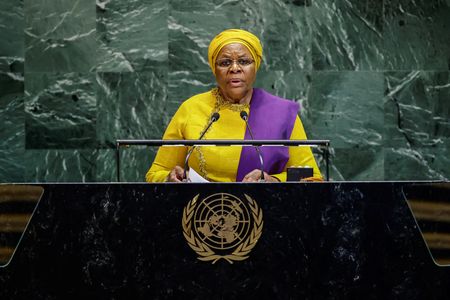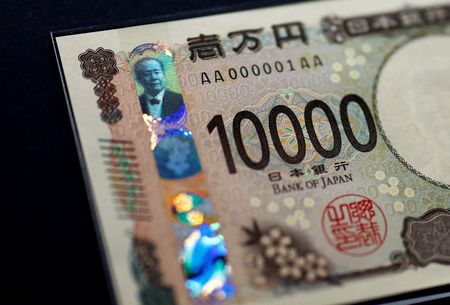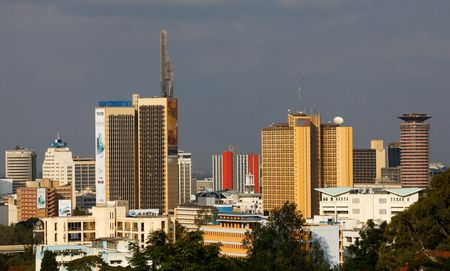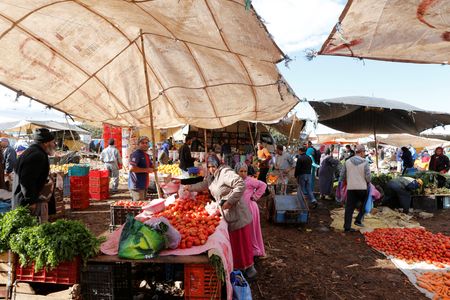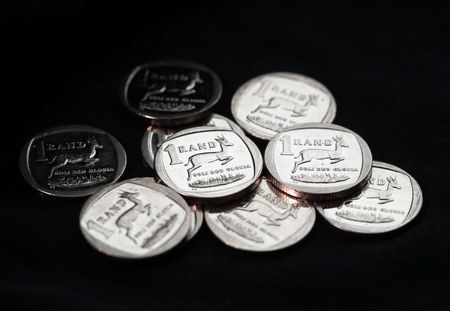JOHANNESBURG (Reuters) -South African retailer Massmart Holdings flagged on Tuesday a wider annual loss, due to store damages and lost trading income suffered due to looting in July during protests over former President Jacob Zuma’s imprisonment.
The retailer, majority-owned by Walmart Inc, said its headline loss per share, the main profit measure in South Africa, will be at least 40% worse than the reported headline loss per share reported in 2020 of 426.8 cents.
Headline earnings included the impact of the significant inventory write-off because of the looting that erupted after Zuma turned himself in to be jailed for contempt of court in July.
The looting directly impacted 43 of its stores, with brands such as Game and Makro.
In total the looting cost 2.5 billion rand ($157.99 million) in stolen goods and damaged assets, with an accounting loss of around 650 million rand after insurance proceeds.
Lost sales from damaged stores and supply chain disruption from the unrest were compounded by COVID-19 liquor trading restrictions to negatively affect on group sales in the 48 weeks ended Nov.28, although total sales only fell 1.3% in the same period a year ago to 75.3 billion rand.
Sales from continuing operations were 0.9% higher than in 2020, at 69.7 billion rand.
Comparable store sales – which excludes sales from new stores – from continuing operations were 3.6% higher.
The disruptions had prompted Walmart to extend the term of a portion of the 4 billion rand loan to Massmart, the group said.
This will involve replacing 2 billion rand of the loan by subscribing for a perpetual fixed rate unsecured note.
Massmart said the remaining Walmart loan had a six-month tenure, which can be extended at the end of each tenure period.
The balance of the loan after the subscription for the perpetual note is approximately $117 million, it said.
The retailer also said it was considering selling 15 inadequately performing Game stores.
($1 = 15.8236 rand)
(Reporting by Nqobile DludlaEditing by Tim Cocks and Susan Fenton)


